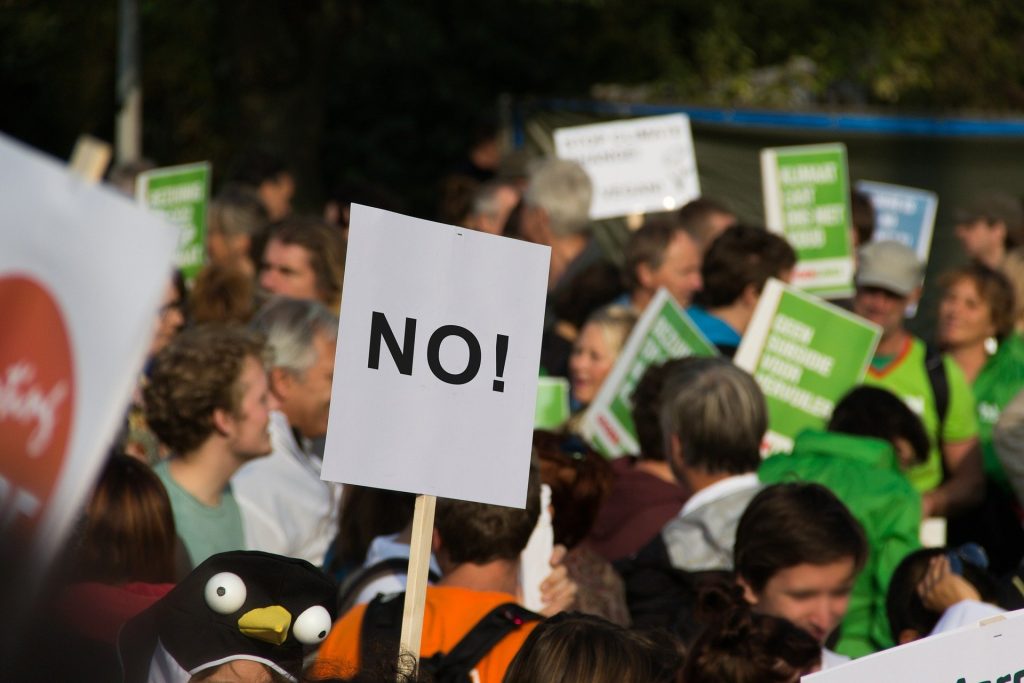
An article in The Guardian explores how the COVID pandemic and its restrictions have also may have caused an erosion in the institutions of democracy around the world.
On Saturday, a vigil at Clapham Common in the UK for Sarah Everard, a woman believed to have been murdered by a police officer, was broken up by police in a heavy-handed manner which drew widespread criticism.
Defending the Metropolitan police’s handling of the situation, assistant commissioner Helen Ball argued the force had to act “because of the overriding need to protect people’s safety” from COVID. In 2020, Black Lives Matter protestors were criticised for their actions in the first waves of the pandemic, but their actions did not cause a spike in infections. Indeed, the protests may have helped deter the spread of COVID due to their deterring people from going to restaurants and other forms of social gatherings.
While the Clapham Common event was not on the same scale, it is possible that even very large and boisterous protests are not ‘super-spreader’ events. And, according to the human rights organisation Liberty, they can be performed safely. For example a socially distanced rally was held in Tel Aviv in April last year against the Israeli prime minister, Benjamin Netanyahu, where thousands of people, each in their own space, separated by two metres, were able to shout and wave banners.
“Protest is the lifeblood of a healthy democracy, and it’s critical that we can all stand up to those in power, and make our voices heard,” said Lana Adamou, a lawyer at Liberty. “Safe, socially distanced demonstrations are perfectly possible, and it is the duty of the police to facilitate them, not block them. The current restrictions should be interpreted compatibly with our rights enshrined in the Human Rights Act.”
However a report published by Carnegie Europe in January observed that human rights are being eroded in the name of public health, with many governments using the pandemic as a pretext to crack down on dissent.
“While governments have claimed that they were imposing measures to tackle the pandemic, these measures often have been contradictory and have excessively restricted the right to peaceful assembly,” the report said, saying that while economic activities were enabled, large protests were still prohibited. In Sweden large groups were allowed to congregate in restaurants and at sporting events, but public gatherings and protests involving more than eight people were banned. It also noted that police used tactics such as kettling, a controversial tactic where police corral protestors into tight groups before arresting them, which can increase the spread of infection.
These restrictions have forced some campaigners to become creative in their protests. In the Netherlands, climate activists filled a square in front of the Dutch parliament in the Hague with 1000 shoes from all over the country. In Croatia, a civil society movement staged balcony protests against the governance of the mayor of Zagreb.
What campaigners in some countries will be asking is whether or not the pandemic has eroded the right to dissent, and to what extent will mass public protests be allowed to return once the COVID threat has passed.
Source: The Guardian

